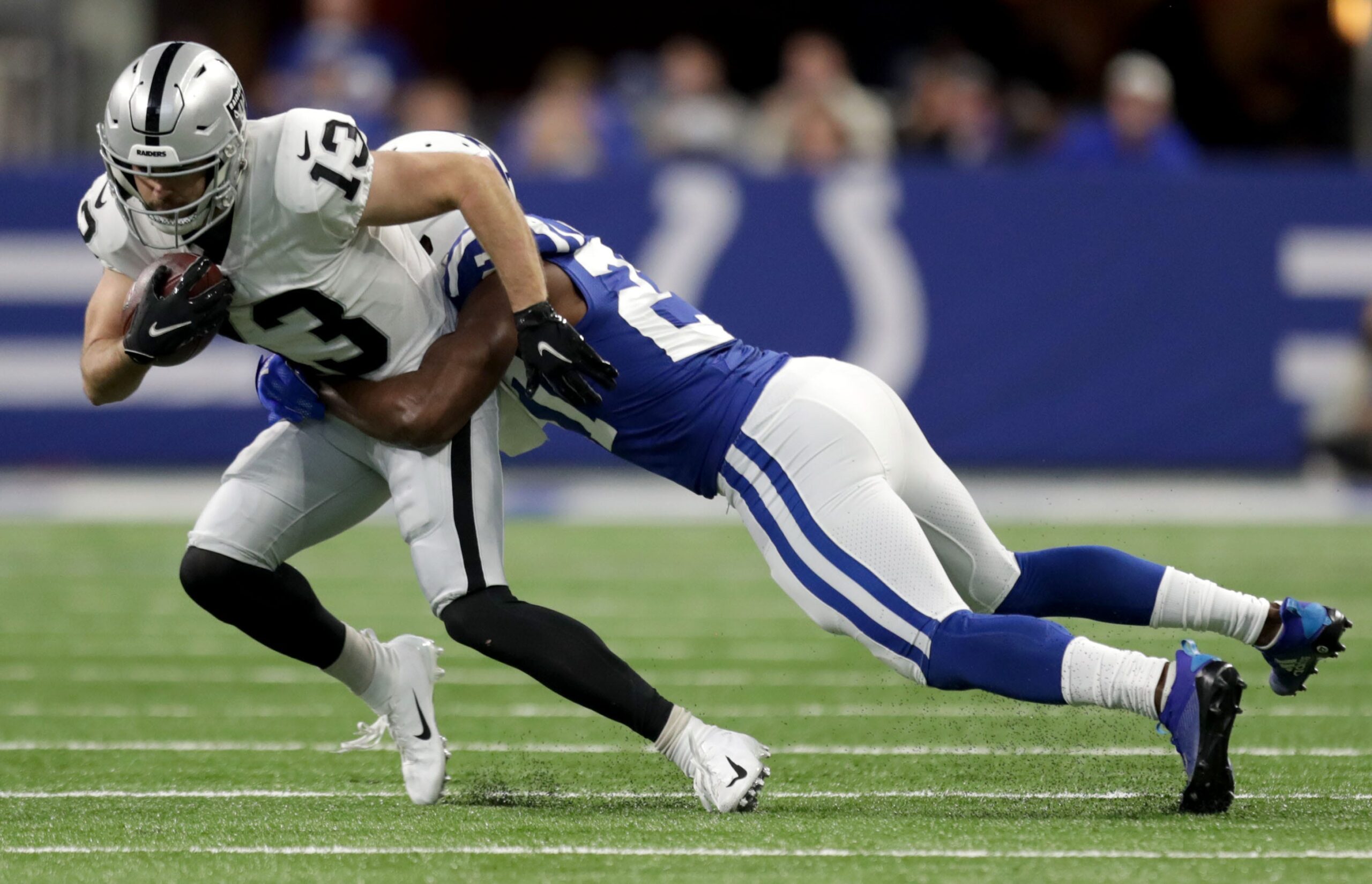Randy Moss' Battle with Internal Health: A Complex Examination
Introduction
Randy Moss, the legendary wide receiver who graced the gridiron for 14 remarkable seasons, recently revealed his ongoing struggle with an internal health issue. This profoundly personal disclosure has stirred a widespread outpouring of empathy and ignited a crucial conversation about mental well-being among former athletes.
Moss' Revelations and Impact
In an interview with ESPN, Moss candidly shared his battle with a condition he refers to as "internal bleeding in my spirit." He described feeling lost, disconnected, and grappling with a profound sense of emptiness. Moss's vulnerability has resonated with countless individuals, both within and outside the sports realm, who have faced similar mental health challenges.
Former NFL linebacker Shawne Merriman expressed admiration for Moss's bravery, stating, "Many athletes struggle with mental health issues, but few are courageous enough to speak openly about them." Moss's revelations have undoubtedly fostered a greater awareness of the mental health challenges faced by retired athletes, a population often overlooked or stigmatized.
Mental Health Issues among Former Athletes
Research indicates that former professional athletes are at an elevated risk for mental health issues, including depression, anxiety, and substance abuse. Factors contributing to this vulnerability include:
- The significant transition from the structured and highly competitive environment of professional sports to retirement.
- The loss of camaraderie, purpose, and identity associated with athletic pursuits.
- The physical toll that years of strenuous activity can take on the body, leading to chronic pain and injuries.
Moreover, societal expectations, financial pressures, and the lack of adequate support systems can further exacerbate mental health challenges among former athletes.
Moss' Experience and the Importance of Seeking Help
Moss's experience highlights the importance of seeking professional help for mental health issues. By confiding in a trusted healthcare professional, individuals can receive appropriate diagnosis, treatment, and support. Moss's decision to speak up and seek help has demonstrated the power of vulnerability and the need for open dialogue about mental health.
It is crucial to acknowledge that seeking help does not signify weakness or failure; rather, it is a sign of strength and resilience. Encouraging former athletes to prioritize their mental health and providing accessible resources for support can significantly improve their overall well-being.
Addressing Stigma and Promoting Understanding
The stigma surrounding mental health issues in sports remains a significant barrier to seeking help. Moss's disclosure has helped chip away at this stigma by normalizing mental health struggles and demonstrating that even highly successful athletes are not immune to these challenges.
Increased awareness, education, and support can help to create a more inclusive and understanding environment for individuals dealing with mental health issues. By fostering open dialogue and challenging harmful stereotypes, we can encourage former athletes to seek the help they need without fear of judgment or shame.
Moss' Legacy and the Future of Mental Health
Through his courageous revelations, Randy Moss has solidified his legacy not only as a football legend but also as an advocate for mental health awareness. His openness has contributed to breaking down barriers, fostering empathy, and encouraging others to prioritize their mental well-being.
As the future of mental health among former athletes unfolds, it is essential to:
- Continue to reduce stigma through open dialogue and education.
- Provide accessible resources for former athletes seeking support, such as specialized mental health care providers and peer support groups.
- Incorporate mental health screenings as a standard part of post-retirement care for professional athletes.
- Promote a culture of support and understanding within sports organizations, encouraging athletes to prioritize their mental health without fear of repercussions.
Conclusion
Randy Moss' battle with internal health issues has sparked a vital conversation about mental health among former athletes. His courageous disclosure has helped to normalize mental health struggles, reduce stigma, and encourage others to seek the help they need.
By continuing to challenge societal expectations, provide accessible resources, and promote a culture of support, we can foster a more inclusive environment where former athletes can prioritize their mental well-being and thrive in all aspects of their lives.
Read also:
Tesla's Model Y Reinvented In China: A Strategic Move To Dominate The EV Market
Cowboys Pull Even With Eagles In NFC East With 33
Boston Celtics Vs Grizzlies Last 10 Games

